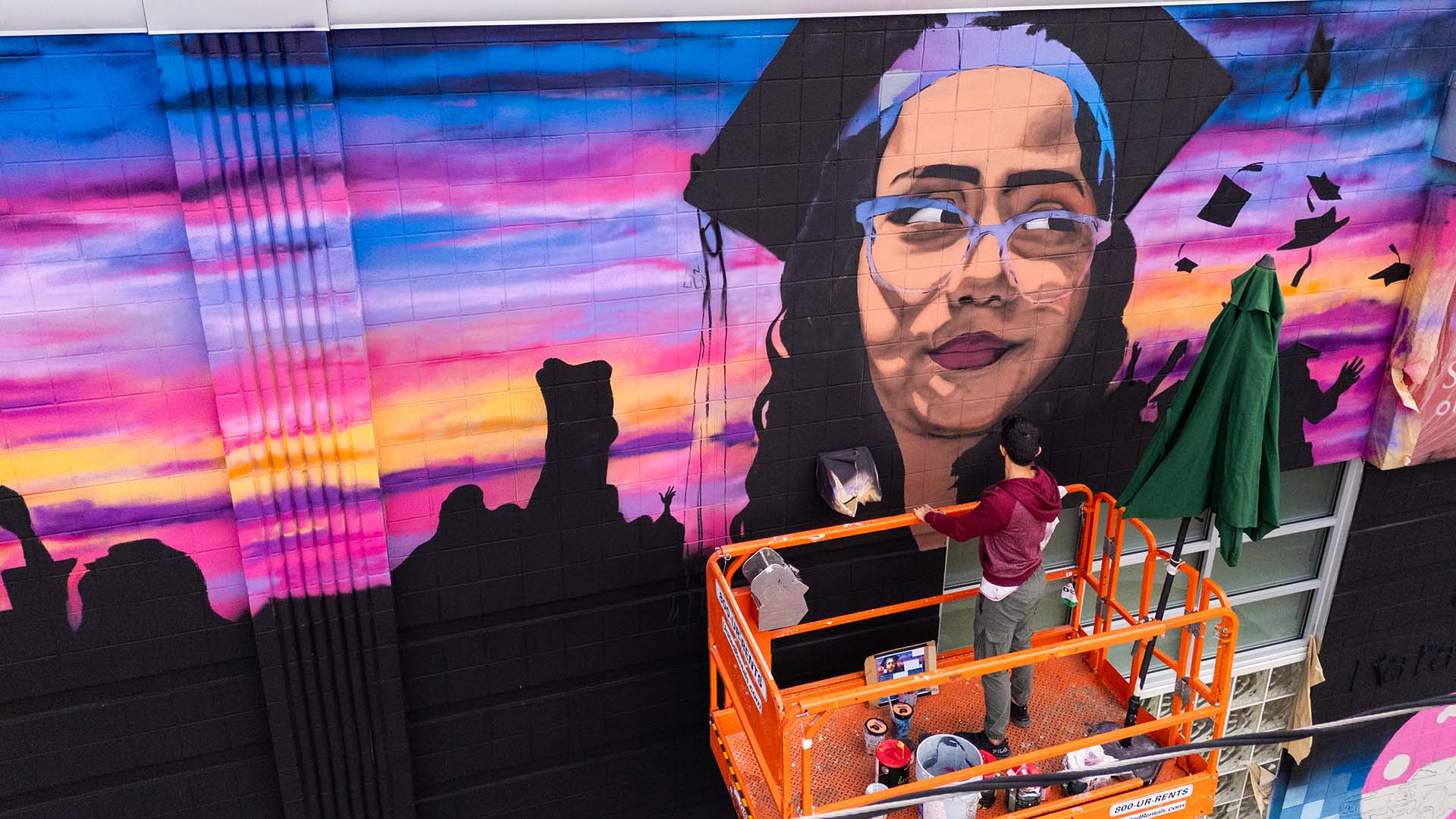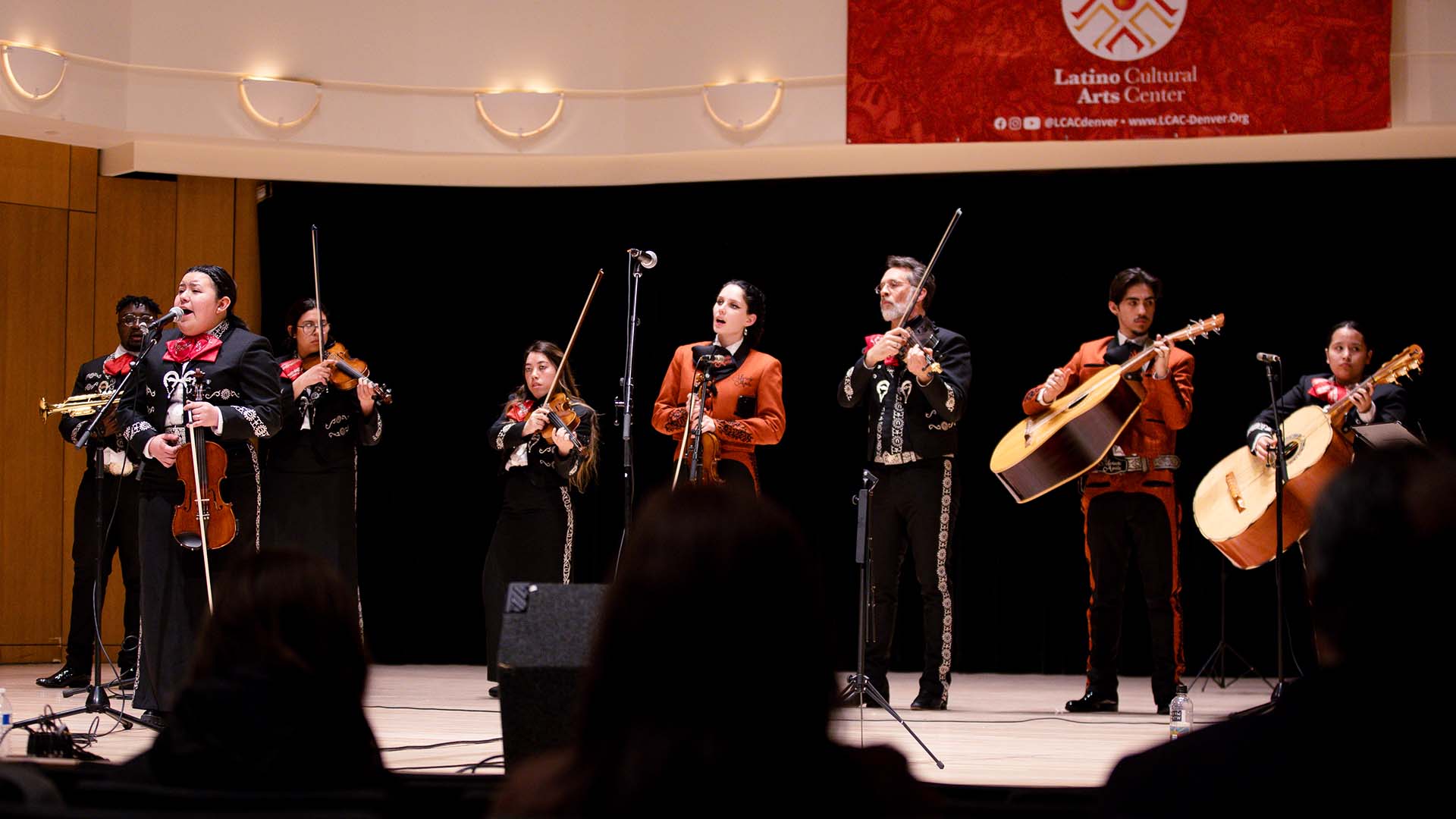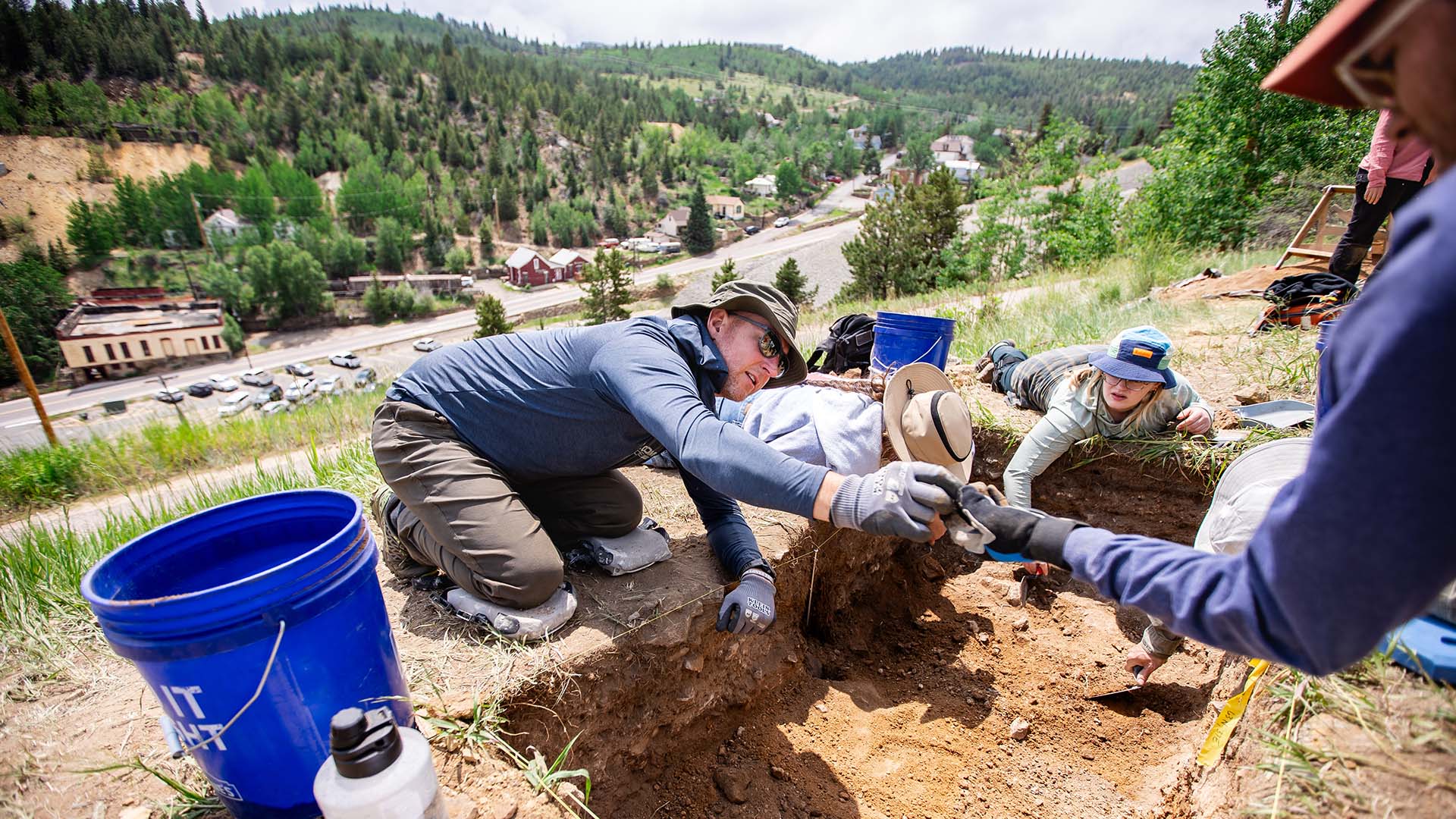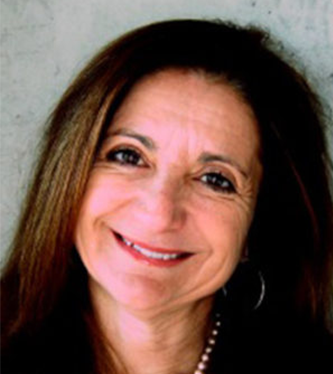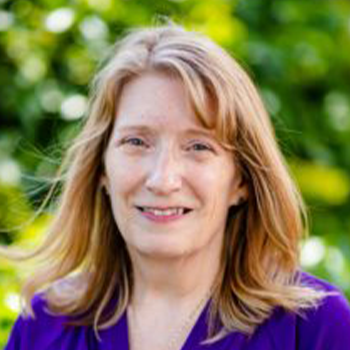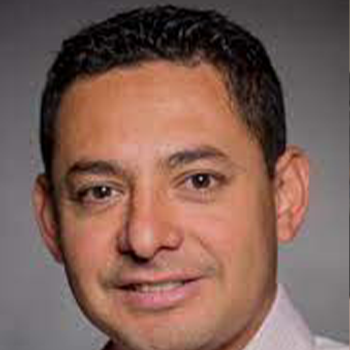Immigrant at home helping others
Student taps personal experiences to guide refugees into their new lives.
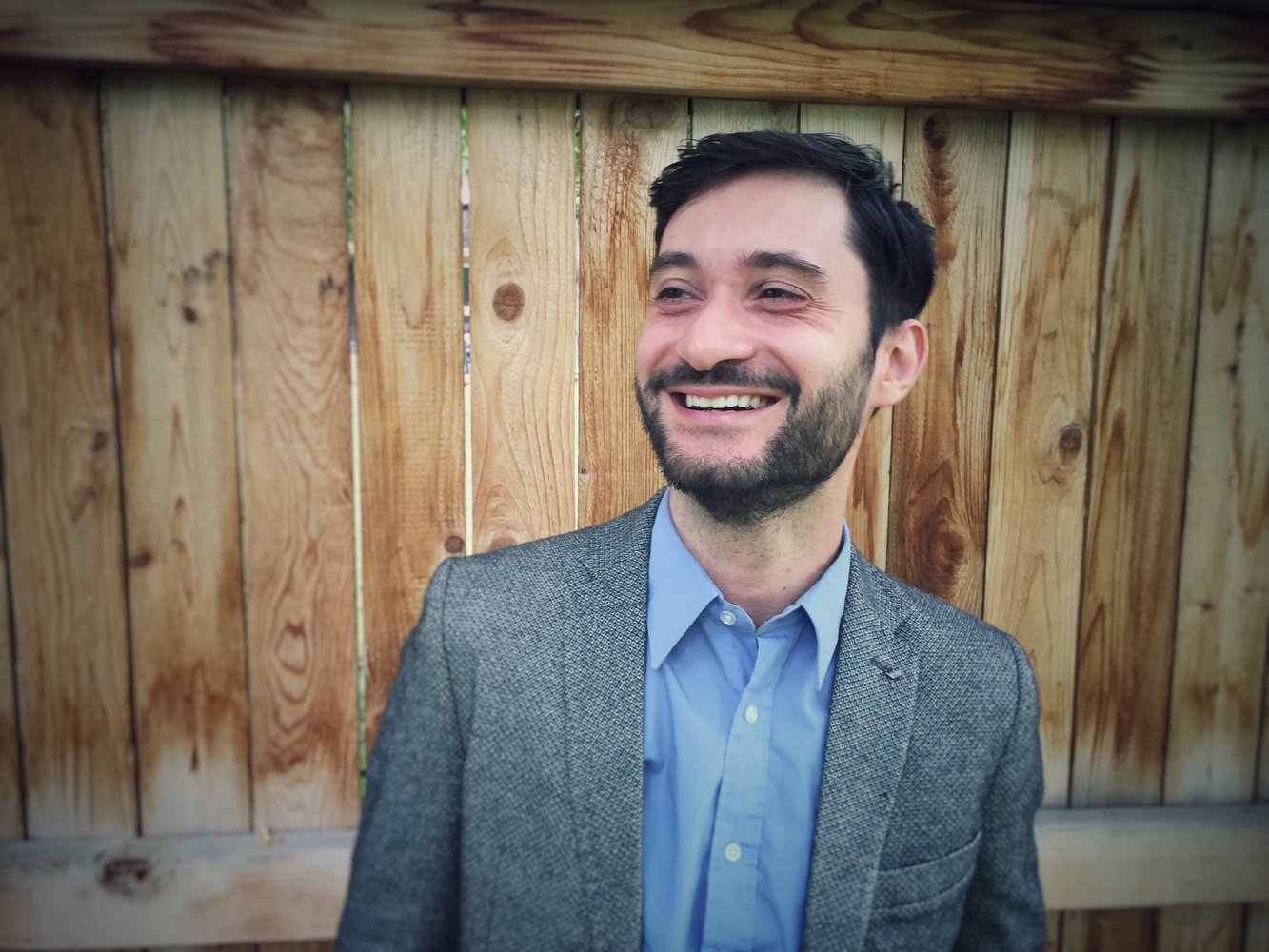
Fabio Fina feels right at home guiding refugees through the maze of making a new life in the United States.
Fina, who’s scheduled to earn his master’s degree in social work next year, has been in their shoes and forged his own path here when he landed in the U.S. in 2004.
“I know their struggles because I struggled too,” says Fina, who spent much of his spring in an internship helping refugees at the African Community Center, a nonprofit helping refugees and immigrants resettle in Denver. “I didn’t speak the language, and I had to adapt to the culture, so I have a soft spot for those people.”
Fina was 19 when he moved to the U.S. from Italy – a move he’d been considering for years, in part because of Hollywood. “I fell in love with the idea of the American dream watching movies,” he says. “America was inspiring to me. I also read American authors – I remember reading Martin Luther King Jr.”

After he arrived, he began planning a career in a helping profession. He earned a degree in human development from Prescott College in Arizona and came to Denver last year after being accepted into MSU Denver’s Master of Social Work Program.
He says he was happy when he learned his internship would be at the ACC. “One of the things I like a lot about the social-work program here is that they work hard to put you in an internship that fits your interests,” Fina says. “Because of my background, I wanted to work with refugees.”
His enthusiasm translated into good work. Melissa Theesen, the ACC’s managing director, says Fina helped place refugees in jobs and built relationships with community organizations.
“Fabio used his own experiences as an immigrant with endless passion and perseverance,” Theesen says. “We’re so thankful for him and for MSU Denver’s internship program – it’s a great experience for not only students but also for those we serve.”

Fina worked with upward of 100 refugees as a career counselor – ages ranging from early teens to those in their 60s. One client he remembers fondly was a 14-year-old girl.
“She was very smart, but she was struggling to understand political concepts – capitalism, socialism, communism,” Fina says. “I had studied political science and was able to help her by drawing pictures – that helped her understand class and power, how power gets distributed. She also liked learning about the different liberation movements of the 20th century in the U.S. – the women’s movement and civil rights – it was interesting to see her appreciate the struggles women and minorities had gone through here in the U.S.”
Fina says another gratifying part of his work was helping turn refugees’ hobbies and skills into jobs. “Some of them had master’s degrees but were working at McDonalds. It broke my own prejudices and felt good to help connect them to jobs that better fit their education and experiences.”
Fina says he hopes the public can better appreciate refugees.
“They are real people and going through real struggles. We need to understand history, imperialism, globalization and conflicts,” he says. “They’re not coming here to steal our jobs – they may look different, but they work hard and they’re worthy of dignity and respect, and when we understand them it can enhance all of our lives.”

